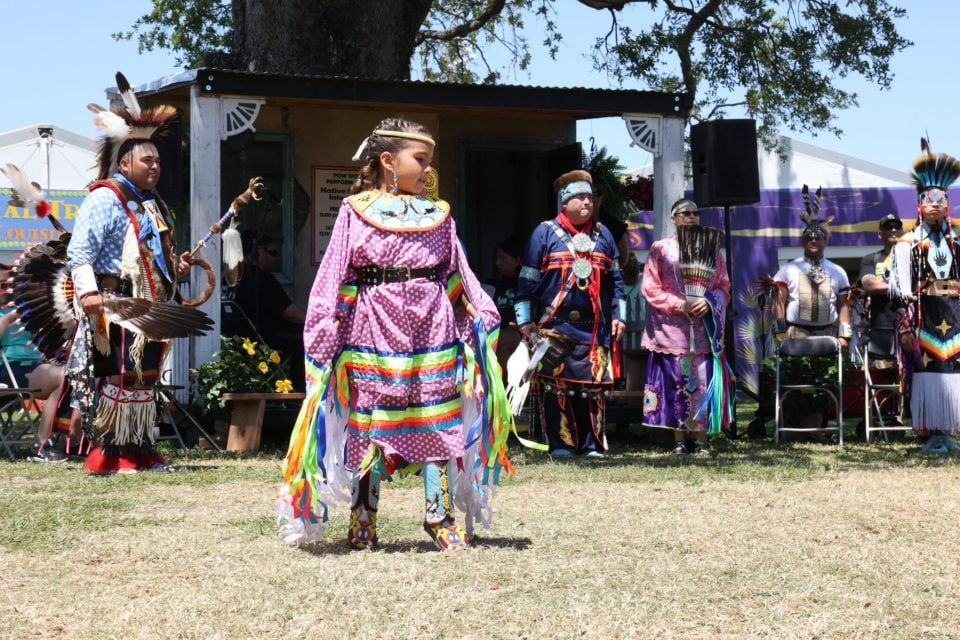
Gulf shipwrecks studied for oil spill effects
September 30, 2015Early voting begins Saturday
October 6, 2015When Pope Francis addressed the U.S. Congress last Wednesday, he challenged the political priorities of American Catholics in public life. Abortion and same-sex marriage received little attention in the Pope’s address. Instead this Latin American Pontiff focused on immigration, the death penalty, racial injustice, the weapons trade and poverty.
He held up four Americans who captured the best qualities of the American Spirit: Abraham Lincoln, Martin Luther King Jr., Dorothy Day and Thomas Merton.
Abraham Lincoln (1809-1865) was our 16th president (1861-1865). Lincoln led the U.S. through its Civil War – its bloodiest war and its greatest moral, constitutional, and political crisis. In doing so, he preserved the Union, abolished slavery, strengthened the federal government, and modernized the economy.
Lincoln promoted a speedy policy of reconciliation to reunite the nation from its lingering and bitter divisions. On April 14, 1865, five days after the surrender of Confederate General Robert E. Lee, John Wilkes Booth, a Confederate sympathizer, assassinated Lincoln.
Lincoln has been consistently ranked both by scholars and the public as one of the three greatest U.S. presidents. His Gettysburg Address is an endorsement of the principles of nationalism, equal rights, liberty, and democracy.
Martin Luther King Jr. (1929-1968), was an American Baptist minister, humanitarian, activist and leader in the Civil Rights Movement. He is best known for his role in the advancement of Civil Rights using nonviolent civil disobedience based on his Christian beliefs.
King became a Civil Rights activist early in his career. He led the 1955 Montgomery Bus Boycott and helped found the Southern Christian Leadership Conference in 1957, serving as its first president. With the SCLC, King attracted national attention following television news coverage of the brutal police response. King also helped to organize the 1963 March on Washington, where he delivered his famous “I Have a Dream” speech. There, he established his reputation as one of the greatest orators in American history.
King received the Nobel Peace Prize in 1964 for combating racial inequality through nonviolence. In 1965, he helped to organize the Selma to Montgomery marches. In 1968, King was planning a national Poor People’s Campaign, when he was assassinated in Memphis, Tennessee.
Dorothy Day, (1897-1980), was an American journalist, social activist, Christian socialist and Catholic convert. She stood up for equal rights for all Americans. In 1917, Day was imprisoned for advocating a woman s right to vote. In the 1930s, she worked closely with fellow activist Peter Maurin to establish the Catholic Worker Movement, a pacifist movement that continues to combine direct aid for the poor and homeless with nonviolent direct action on their behalf.
The Catholic Church has opened the cause for Day’s possible canonization. I had the privilege of meeting Dorothy Day when she gave a talk to the seminarians when I was at Notre Dame Seminary in New Orleans.
Thomas Merton, (1915-1968), was an American Catholic writer and mystic. He was a monk of the Trappist Abbey of Gethsemani, Kentucky. He was a poet, social activist and student of comparative religion. Merton wrote more than 70 books, mostly on spirituality, social justice and quiet pacifism. Among Merton’s most enduring works is his best-selling autobiography, “The Seven Storey Mountain” (1948), which sent scores of World War II veterans, students, and even teenagers flocking to monasteries.
Merton was a keen proponent of inter-faith understanding. He died of an accidental electric shock from a faulty electric fan in Samut Prakan, Thailand. Merton had presented a paper tying together Eastern and Western spiritualities.
All four people were liberators and stood up for everyone’s rights. So should we!
The Catholic Church has opened the cause for journalist Dorothy Day’s possible canonization.



